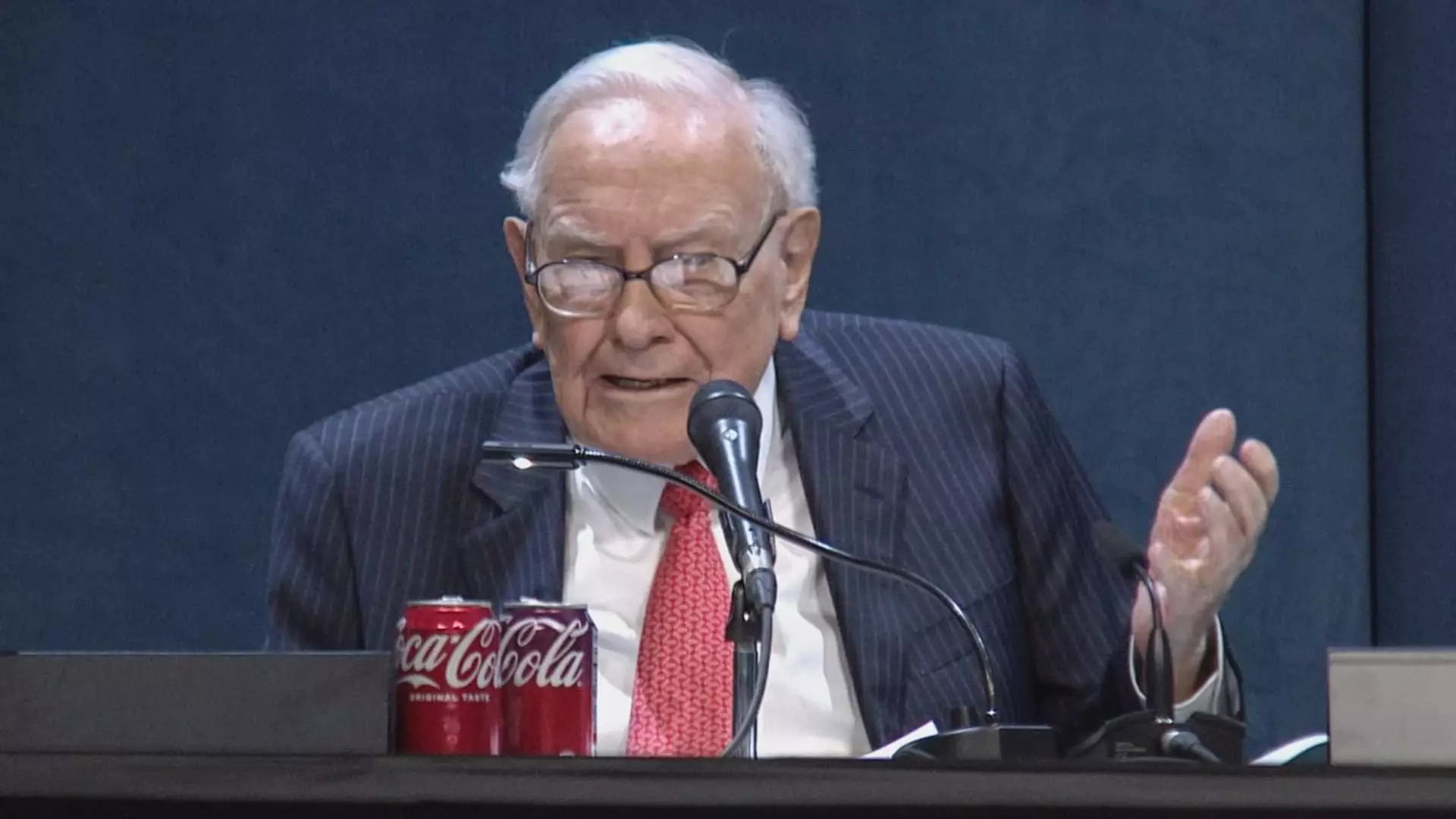Berkshire Hathaway’s recent decline in stock value, spurred by a modest dip in operating earnings, highlights the unpredictable nature of the market even for giants with diversified portfolios. While the immediate reaction was a 2% drop in both Class A and B shares, this short-term dip masks the underlying resilience and strategic positioning of the conglomerate. Investors often overreact to quarterly results, but Berkshire’s current scenario demands a broader perspective. The company’s decision to pause on share buybacks amidst a declining stock price indicates a deliberate strategy rather than a sign of weakness. It underscores Buffett’s longstanding philosophy: prioritize long-term value over short-term market reactions. Stock prices, after all, are often influenced by macroeconomic noise rather than fundamental shifts, and Berkshire’s approach exemplifies patience during turbulent times.
Operational Diversity and Hidden Strengths
Despite a 4% decrease in operating earnings to $11.16 billion, Berkshire Hathaway continues to demonstrate impressive diversification across sectors. Its railroad, energy, manufacturing, retail, and service divisions enhanced their profitability compared to the previous year. The blanket downturn in insurance underwriting, however, served as a reminder that even giants face headwinds in specific segments. Buffett’s strategy has always been rooted in opportunistic investments and maintaining a robust cash reserve, which now hovers near a record $344.1 billion. This cash hoard positions Berkshire to capitalize on potential acquisitions or market dislocations, reinforcing its long-term resilience. The conglomerate’s ability to sustain diverse revenue streams cushions the impact of sector-specific difficulties, affirming the importance of a balanced portfolio in uncertain economic climates.
Strategic Challenges and the Kraft Heinz Write-Down
One of the most notable developments was Berkshire’s first-ever loss of $3.8 billion on its Kraft Heinz stake. This write-down not only reflects the changing landscape of consumer goods but also signals a reassessment of Berkshire’s investment strategies. Buffett himself has acknowledged overpaying for Kraft Heinz, especially as increased competition in the branded food sector gains prominence. The move to write down this stake and the resignation of two Berkshire executives from Kraft Heinz’s board suggest a prudent reevaluation of its commitments. Rather than retreat, Buffett’s acknowledgment of mistakes highlights a willingness to adapt and learn from market shifts. It is a reminder that even in the most successful investment portfolios, resilience and flexibility are vital. Kodak moments of failure, if recognized early, can become valuable lessons that shape future strategies.
The Road Ahead: Patience and Preparedness
The absence of activist-driven buybacks in the first half of 2025 underscores Buffett’s commitment to measured decision-making. While many investors crave immediate cash returns, Berkshire’s focus remains on strategic patience. The company’s cash reserves serve as a safety net, empowering it to seize opportunities that arise from market corrections or economic downturns. Experts suggest that Berkshire’s future catalysts will likely involve new investments, possibly sizable acquisitions or strategic share repurchases once the market stabilizes. The looming leadership transition with Greg Abel taking over as CEO at the end of 2025 signifies an evolution that combines Buffett’s seasoned wisdom with the fresh perspective of the next generation. Ultimately, Berkshire’s strength lies in its unwavering focus on long-term growth, disciplined patience, and adaptive strategy—all vital ingredients for enduring success amid market volatility.

